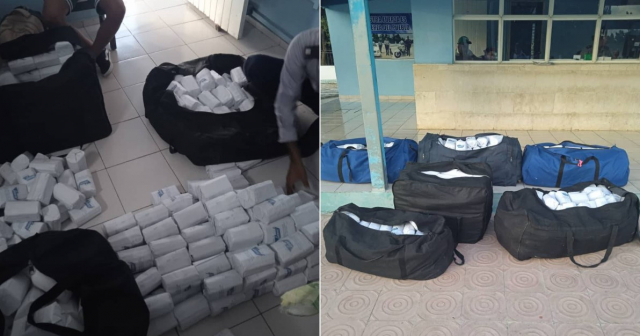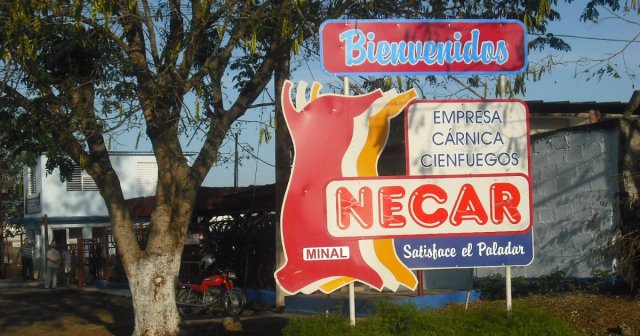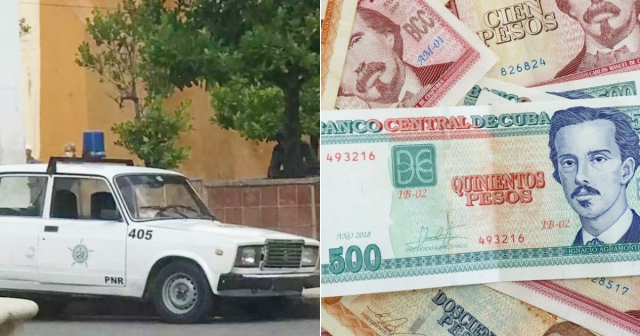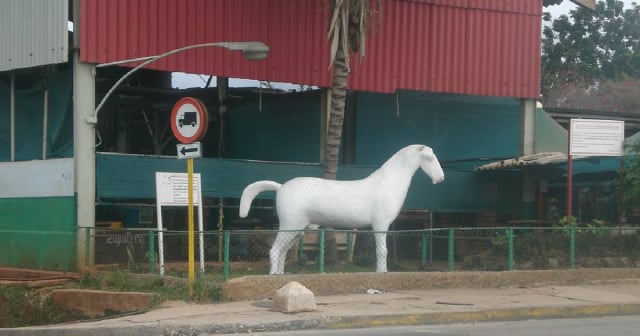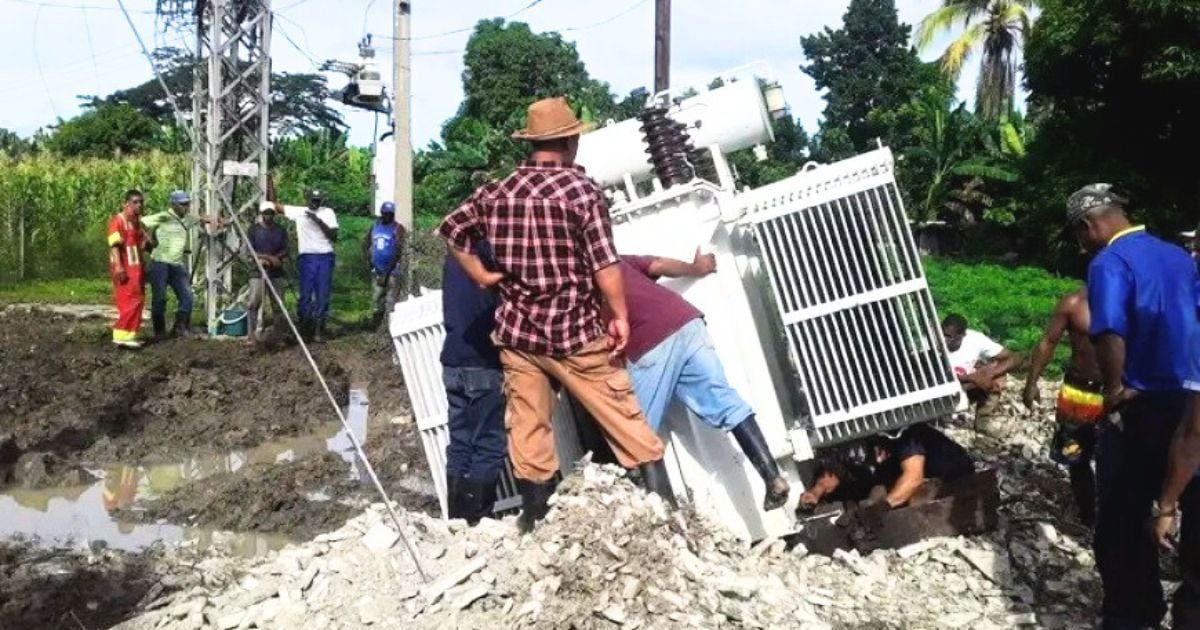
The theft of insulating oil from electrical transformers has become yet another symptom of the crisis facing Cuba, exposing the fragility of the energy system and the regime's inability to protect vital infrastructure.
The official newspaper Sierra Maestra reported that the theft of dielectric oil, which worsens power outages and affects thousands of citizens under extreme conditions, will be met with a tough response from the regime.
In Santiago de Cuba, from August to November, the municipalities of Contramaestre, Palma Soriano, and San Luis have reported numerous cases, with the most alarming incident occurring at the Paquito Rosales Substation, where criminals stole 300 liters of dielectric oil.
This criminal act left thousands of people in the popular councils of Dos Caminos, Paquito Rosales, and Estrella Roja without electricity, exacerbating the suffering of the most vulnerable communities.
The Provincial Prosecutor's Office, represented by Elizabeth Govea Maceo, specified that these crimes could be classified as sabotage, with penalties of up to 30 years in prison.
"The behaviors exhibited by these individuals, considering the methods and means used for the theft of transformer oil, could constitute offenses of Theft or Burglary, depending on the manner in which the theft occurs. In the case of individuals who buy or sell this oil, it could also involve the crime of Receiving Stolen Property," he noted.
However, these sanctions do not address the underlying issue: a collapsed energy system that is sustained by temporary fixes and lacks a real plan to ensure the country's electrical stability.
While authorities promise severe penalties, the population continues to suffer the consequences: In communities like Dos Caminos, residents have had to improvise cooking methods, facing food loss due to a lack of refrigeration.
At the same time, smaller capacity transformers and temporary power plants were installed, which provide only intermittent supply.
Beatriz Johnson Urrutia, the first secretary of the Party in Santiago de Cuba, promised on Facebook that there will be no impunity for those responsible, but her statement comes at a time when thefts from public facilities have become frequent, highlighting failures in security and state control.
“The MININT authorities are working to clarify these events and bring the alleged perpetrators to court,” noted the communist leader.
The current energy crisis facing Cuba has put the regime on the ropes, prompting extraordinary measures.
The Cuban government established a "special electric contingency regime" this Tuesday, which includes planned and sustained blackouts lasting more than 72 hours in the event that the National Electroenergetic System (SEN) cannot meet the country's electricity demand.
With the publication on Tuesday in the Official Gazette of Decree 110, the government of Miguel Díaz-Canel formalizes a kind of "exceptional regime" that, similar to the usual "states of alarm, exception, and siege" found in the constitutions of many countries around the world, grants extraordinary powers to authorities to address serious and exceptional situations.
Filed under:

